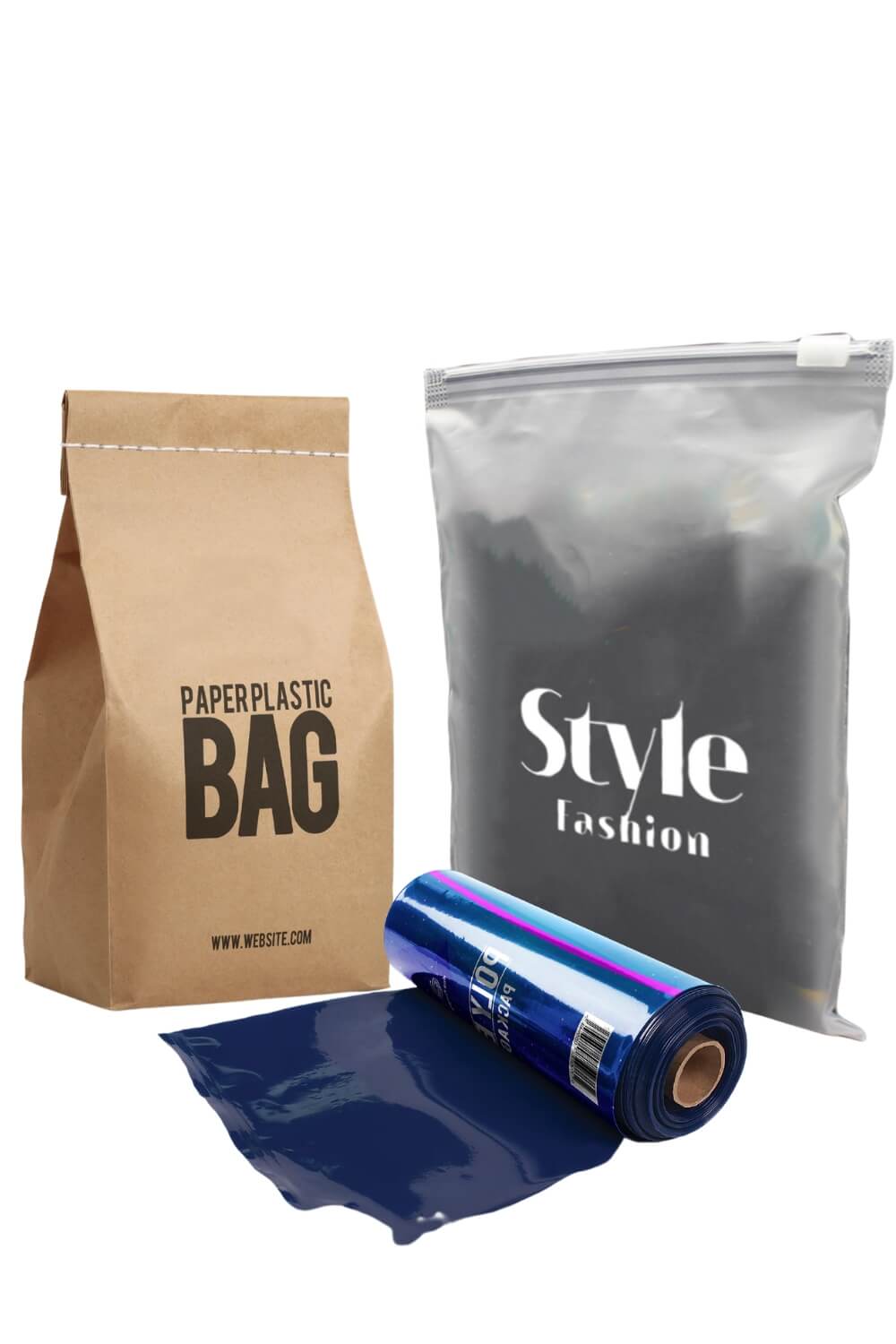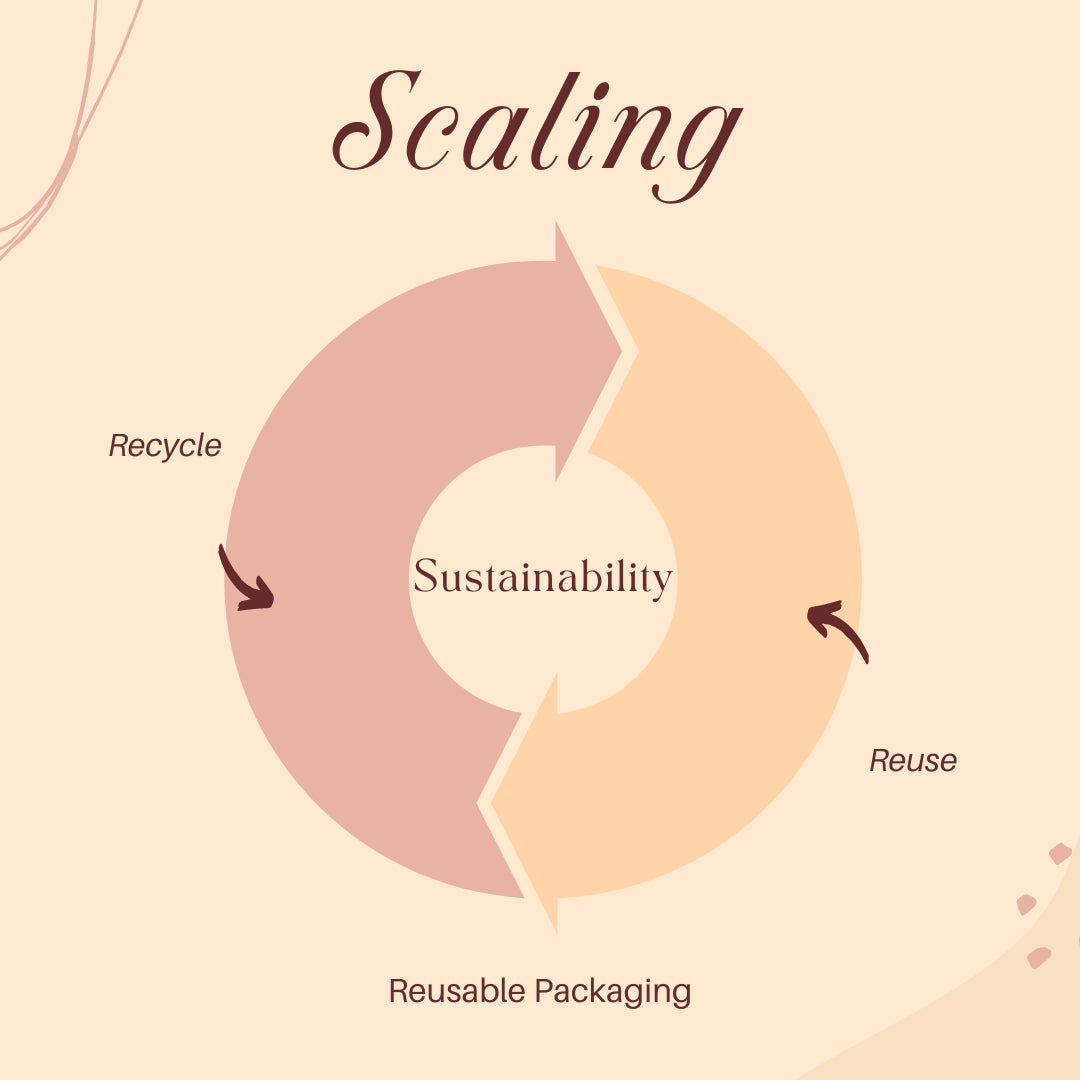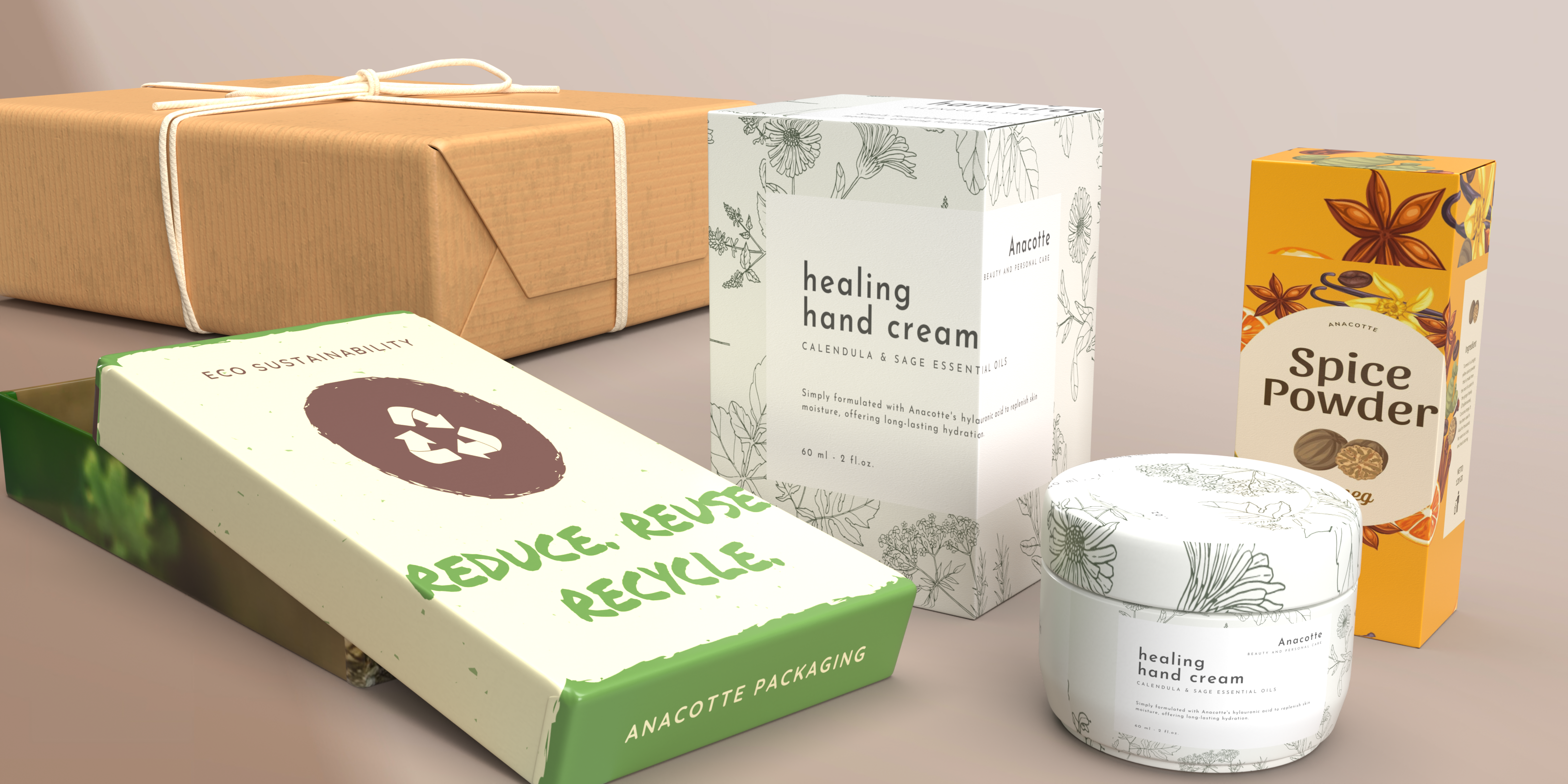Reusable packaging is seen as a key enabler for scaling sustainability in the paper, forest products, and packaging industry. According to a report by McKinsey & Company, reusable packaging can reduce the environmental impact of products by up to 90 percent compared to single-use packaging. This is because reusable packaging can be used multiple times, reducing the need for new packaging materials and decreasing the amount of waste that ends up in landfills.

Credibility
Alongside the development of new technologies and materials, certifications like the Forest Stewardship Council (FSC) and the Sustainable Forestry Initiative (SFI) play an important role in ensuring that the materials used in reusable packaging are responsibly sourced. The FSC is an international organization that promotes responsible management of the world’s forests. Products bearing the FSC label are independently certified to assure consumers that they come from forests that are managed to meet the social, economic, ecological, cultural, and spiritual needs of present and future generations.
On the other hand, The Sustainable Forestry Initiative (SFI) is a non-profit organization that promotes sustainable forest management. The SFI program is based on principles that include maintaining or enhancing forest resources, protecting biodiversity, and promoting sustainable economic growth. Products bearing the SFI label are independently certified to assure consumers that they come from responsibly managed forests. Therefore, certifications like FSC and SFI can help to build consumer trust in reusable packaging and to encourage companies to adopt sustainable sourcing practices.

Shift in Consumer Behavior
One key enabler for scaling reusable packaging is a shift in consumer behavior. The report notes that "consumers are increasingly valuing the environmental impact of products and are willing to pay more for sustainable options." This shift in consumer behavior is supported by various research studies, such as a study conducted by Nielsen, which found that 66% of global consumers are willing to pay more for sustainable brands. Additionally, a study by Deloitte Insights, revealed that 85% of consumers are willing to change their consumption habits to reduce their impact on the environment.
This shift in consumer behavior can be encouraged through education and awareness campaigns, as well as through the use of labeling and certification systems. Education and awareness campaigns can play a crucial role in informing consumers about the environmental impact of their purchasing choices and the benefits of reusable packaging. These campaigns can target different segments of the population, such as children and young adults, who will be future consumers and decision-makers, and can be delivered through various mediums such as social media, billboards, and in-store promotions.
Education campaigns can educate consumers about the environmental impact of single-use packaging, such as its contribution to plastic pollution and the pressure it puts on natural resources. They can also highlight the benefits of reusable packaging, such as its cost-effectiveness, durability, and reduced environmental impact. These campaigns not only can provide information on how to properly use, care for, and dispose of reusable packaging, to ensure its longevity and effectiveness but also to dispel myths and misconceptions about reusable packaging, such as the belief that it is less convenient or more expensive than single-use packaging. By providing accurate information, education campaigns can help to build consumer trust in reusable packaging, and increase its adoption.
As we mentioned earlier about credibility, labeling and certification systems, such as the Forest Stewardship Council (FSC) and the Sustainable Forestry Initiative (SFI), can also help to build consumer trust in reusable packaging by providing assurance that the materials used in reusable packaging are responsibly sourced. These certifications can help to build consumer trust by providing independent verification that products are made from responsibly managed forests. Additionally, certifications like Cradle to Cradle (C2C) and the Global Recycled Standard (GRS) can also provide assurance that the materials and production processes used in reusable packaging are environmentally friendly and socially responsible.
Such a shift in consumer behavior is crucial for scaling reusable packaging. By encouraging sustainable consumption habits, education and awareness campaigns, and the use of labeling and certification systems can help to drive the adoption of reusable packaging and to promote sustainability in the paper, forest products, and packaging industry.

Scaling the future of reusable packaging
Another key enabler for scaling reusable packaging is the development of new technologies and materials that make reusable packaging more cost-effective and efficient. The use of lightweight materials, such as bioplastics, can significantly reduce the cost of reusable packaging by reducing the weight and volume of the materials used, thus reducing the cost of transportation and storage. Additionally, the use of advanced manufacturing techniques, such as injection molding and blow molding, can also reduce the cost of reusable packaging by increasing the efficiency of the production process.
Other than reducing the cost of reusable packaging, the use of new technologies and materials can also improve the performance of reusable packaging. For example, the use of smart materials, such as shape-memory polymers, can enable reusable packaging to change shape or size depending on the product it contains, making it more versatile and adaptable. Or, the use of nanotechnology can improve the durability and strength of reusable packaging, increasing its lifespan and reducing the need for frequent replacement. The most common type of smart materials application would be the use of digital tracking and traceability systems can also significantly improve the efficiency of reusable packaging supply chains. These systems can be used to track the movement of reusable packaging, from the manufacturer to the end consumer, and to monitor the usage and return rate of reusable packaging. This can help companies to better manage their reusable packaging inventory, reduce the risk of stockouts and overstocking, and improve the efficiency of their supply chains.
Collaboration and Partnership
The importance of collaboration and partnerships would also be an integral part in scaling reusable packaging. Collaboration between companies and across industries can help to share knowledge, resources, and best practices, as well as to drive innovation and the development of new technologies. These collaborations can take different forms, such as partnerships between companies, consortia, or industry associations. Collaboration between companies can help to share knowledge and resources, such as expertise, technology, and equipment, which can lead to the development of new, more cost-effective and efficient reusable packaging solutions.
Additionally, collaboration across industries can also help to drive innovation and the development of new technologies. For example, collaboration between packaging manufacturers and material scientists can lead to the development of new, more sustainable materials for reusable packaging. Similarly, collaboration between packaging manufacturers and logistics companies can lead to the development of new, more efficient transportation and distribution systems for reusable packaging.
Partnerships with governments and non-governmental organizations (NGOs) can also play an important role in scaling reusable packaging. These partnerships can help to create supportive policy frameworks, such as regulations and incentives, that can encourage the adoption of reusable packaging. Additionally, partnerships with governments and NGOs can mobilize resources, such as funding and expertise, to support the development and implementation of reusable packaging solutions.

Challenges
Scaling reusable packaging can present a number of challenges, including:
- Cost: Reusable packaging can be more expensive to produce than single-use packaging, which can make it difficult to scale up and make it more widely available.
- Distribution and logistics: Reusable packaging requires a different distribution and logistics system than single-use packaging, as it needs to be collected, cleaned, and redistributed.
- Consumer behavior: Encouraging consumers to adopt reusable packaging can be challenging, as they may be used to the convenience of single-use packaging and may not be willing to change their habits.
- Cleanliness and sanitation: Ensuring that reusable packaging is properly cleaned and sanitized can be difficult, which can lead to concerns about food safety and hygiene.
- Standardization: There is no standardization for reusable packaging, which makes it difficult for manufacturers and retailers to implement it on a wide scale.
- Lack of proper regulations and infrastructure: Reusable packaging requires a different approach to waste management and recycling which requires proper regulations and infrastructure to be put in place before it can be scaled.
Reusable packaging has the potential to significantly reduce the environmental impact of products in the paper, forest products, and packaging industry. However, in order to scale reusable packaging properly, a shift in consumer behavior, the development of new technologies and materials, collaboration and partnerships, and the standardization and consistency across different reusable packaging systems are essentially needed.






Leave a comment
This site is protected by hCaptcha and the hCaptcha Privacy Policy and Terms of Service apply.